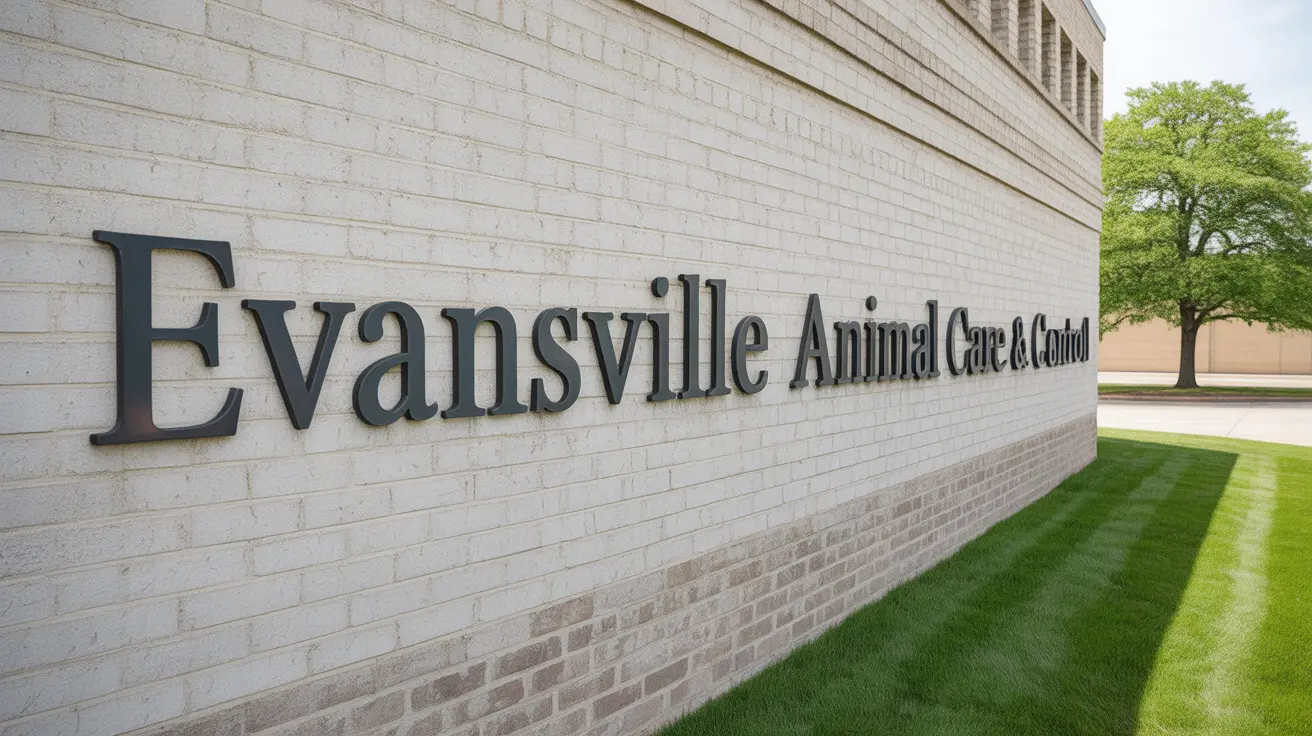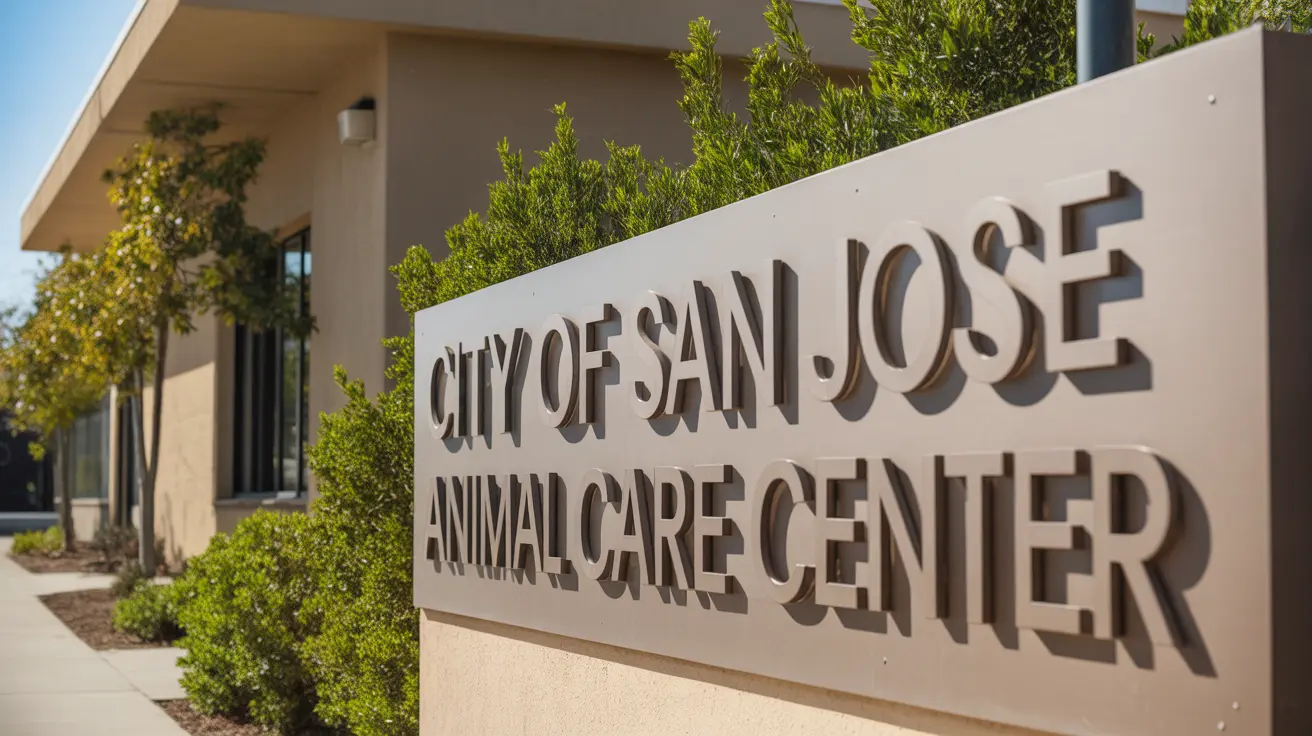An enlarged heart in cats, medically known as cardiomegaly, is a serious condition that affects many felines. This condition occurs when a cat's heart becomes abnormally large due to underlying health issues, potentially compromising their cardiovascular function and overall well-being.
Understanding this condition is crucial for cat owners, as early detection and proper management can significantly impact your pet's quality of life. Let's explore the causes, symptoms, and treatment options available for cats with enlarged hearts.
Common Causes of Enlarged Heart in Cats
Several factors can contribute to heart enlargement in cats. The two most prevalent forms are:
Hypertrophic Cardiomyopathy (HCM)
HCM is the most common form of heart disease in cats, affecting approximately 15% of all cats. This condition causes the heart muscle walls to thicken, reducing the heart's efficiency in pumping blood. Some breeds, particularly Maine Coons and Ragdolls, have a genetic predisposition to this condition.
Dilated Cardiomyopathy (DCM)
DCM occurs when the heart muscle becomes thin and weak, causing the chambers to dilate. While less common today due to improved commercial cat food formulations, DCM can still develop, especially in cats with taurine deficiency.
Recognizing the Signs of Heart Enlargement
Cats with enlarged hearts may exhibit various symptoms, including:
- Labored breathing or rapid breathing
- Lethargy and reduced activity levels
- Poor appetite and weight loss
- Sudden paralysis or weakness in the hind legs
- Fainting or collapse
- Bluish discoloration of the paw pads or gums
Diagnosis and Testing
Veterinarians use several diagnostic tools to confirm heart enlargement:
- Physical examination and heart auscultation
- Chest X-rays
- Echocardiogram (heart ultrasound)
- Blood tests
- Electrocardiogram (ECG)
Treatment Options and Management
While an enlarged heart cannot be cured in most cases, various treatment options can help manage the condition:
- Medications to improve heart function
- Diuretics to reduce fluid buildup
- Dietary modifications
- Regular veterinary monitoring
- Stress reduction strategies
Prevention and Long-term Care
While not all cases of enlarged heart can be prevented, certain measures can help reduce risks:
- Feed high-quality commercial cat food with adequate taurine
- Schedule regular veterinary check-ups
- Monitor for early warning signs
- Maintain a healthy weight through proper diet and exercise
Frequently Asked Questions
What are the common signs that my cat might have an enlarged heart or hypertrophic cardiomyopathy (HCM)?
Common signs include difficulty breathing, lethargy, reduced appetite, rapid breathing, and in some cases, sudden paralysis of the hind legs. Some cats may show subtle signs or no symptoms in early stages.
How is an enlarged heart diagnosed in cats, and what tests should my vet perform?
Diagnosis typically involves a combination of physical examination, chest X-rays, echocardiogram, blood tests, and possibly an ECG. The echocardiogram is considered the gold standard for confirming heart enlargement.
Can an enlarged heart in cats be treated or managed, and what medications help?
While not curable, enlarged hearts can be managed with medications such as diuretics, beta-blockers, and ACE inhibitors. Treatment plans are tailored to each cat's specific condition and symptoms.
What causes enlarged hearts in cats, and are certain breeds more at risk?
Enlarged hearts can be caused by various factors, including genetic predisposition, underlying health conditions, and nutritional deficiencies. Maine Coons, Ragdolls, and other purebred cats have higher risk for certain types of heart disease.
How urgent is it if my cat shows difficulty breathing or sudden hind-leg paralysis related to heart disease?
These symptoms are considered medical emergencies and require immediate veterinary attention. Delayed treatment can lead to severe complications or life-threatening situations.






